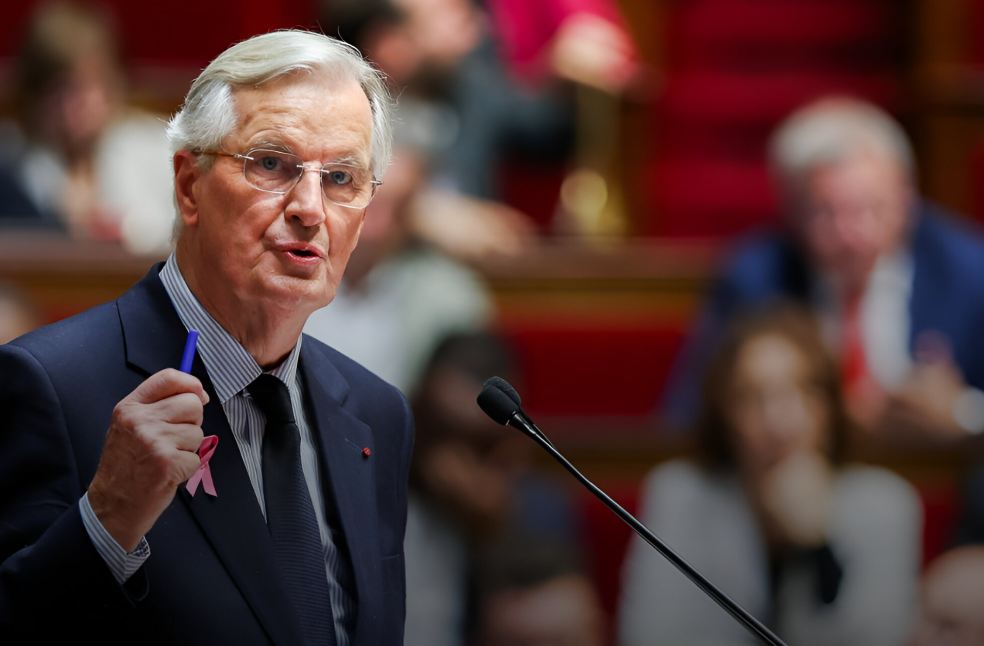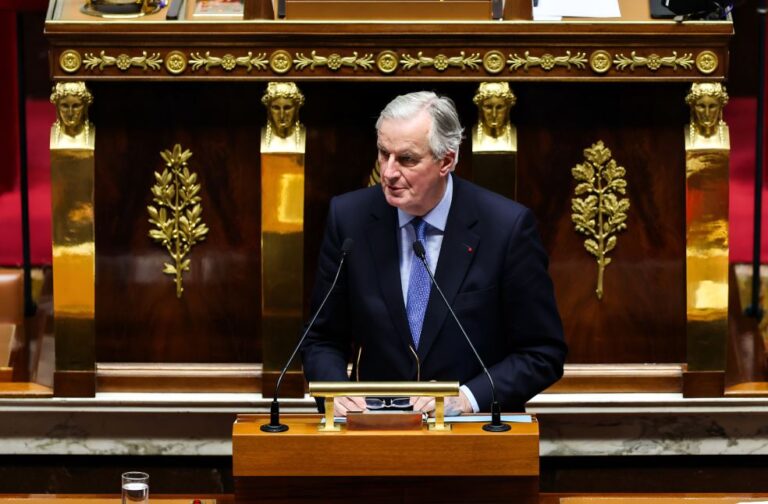France: The French government has collapsed after Prime Minister Michel Barnier was ousted in a no-confidence vote. Members of Parliament overwhelmingly reinforced the motion against him, with 331 votes in favour—far exceeding the 288 needed to pass.
This marks the first time since 1962 that France’s government has fallen due to a no-confidence vote, heightening the political instability caused by a fragmented parliament. The collapse comes just three months after Barnier, a former Brexit negotiator, was designated by President Emmanuel Macron.
The motion of no confidence was flashed by Barnier’s use of special presidential powers to force through a controversial budget without a parliamentary vote. The budget, which included $63.14 billion (€60 billion) in deficit reductions, faced fierce opposition from both the left-wing New Popular Front (NFP) and the far-right National Rally (RN). Marine Le Pen, RN leader, called it “toxic for the French,” while the NFP criticised Macron’s decision to bypass their candidate to appoint centrist Barnier.
Barnier defended his actions in the National Assembly ahead of the vote, stating that, “It is not a delight that I propose difficult measures,” but his plea fell to sway lawmakers. Following his ousting, Barnier is foreseen to remain as a caretaker prime minister while Macron selects a successor.

President Macron, returning from a state visit to Saudi Arabia, faces mounting pressure to stabilise the government. While the president himself is not directly impacted by the vote, he is expected to announce a new prime minister quickly to bypass prolonged uncertainty, especially with high-profile events such as the visit of US President-elect Donald Trump and the reopening of Notre-Dame Cathedral on the horizon.
In a televised address scheduled, Macron is envisioned to outline his plan for navigating the deadlock in the National Assembly. With no group holding a parliamentary majority and new elections off the table until July, the path forward remains fraught with challenges.
France now braces for what could be a prolonged period of political traffic, with opposition leaders warning that tensions could escalate if voters’ voices and parliamentary forces continue to be ignored.



